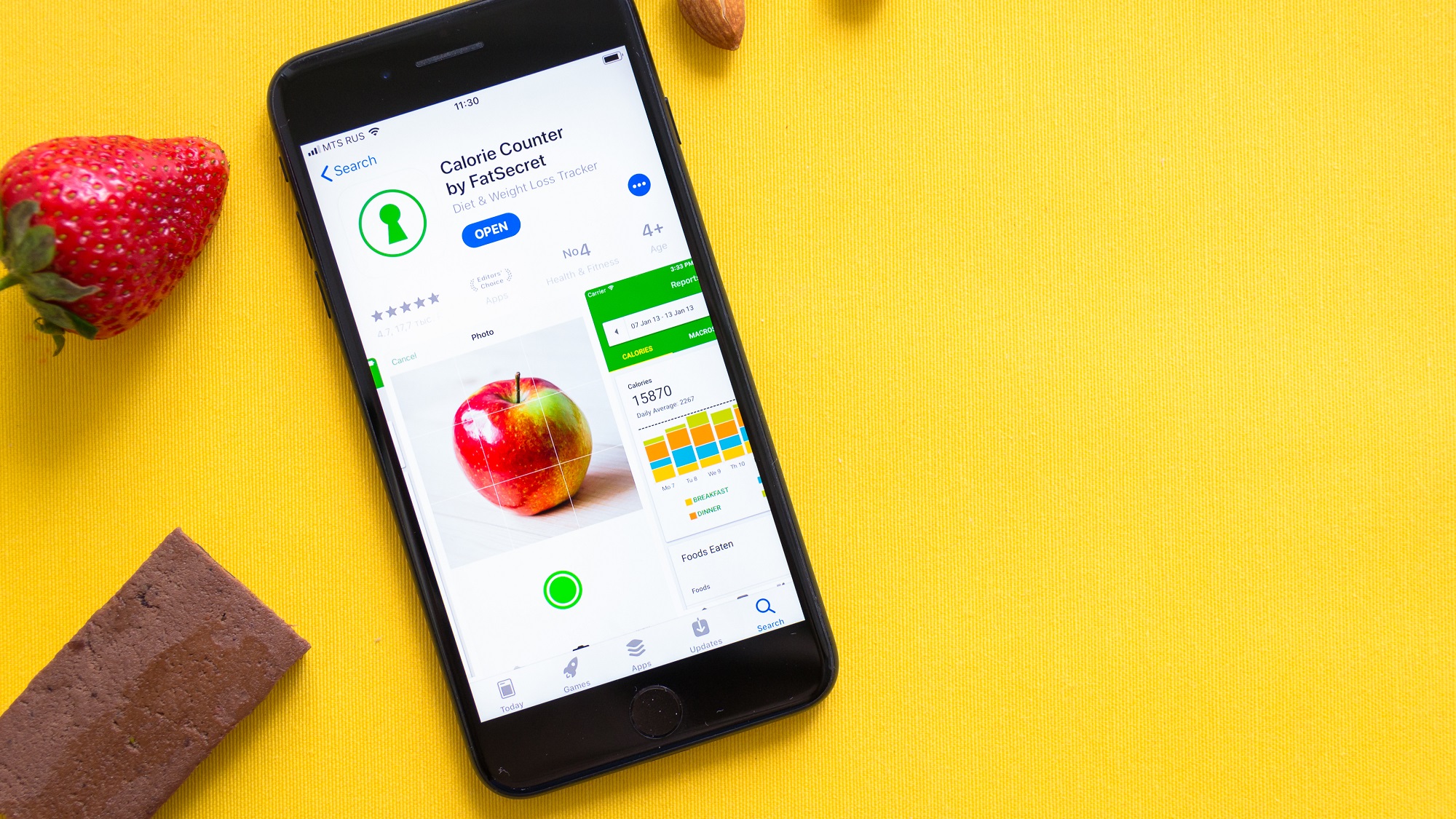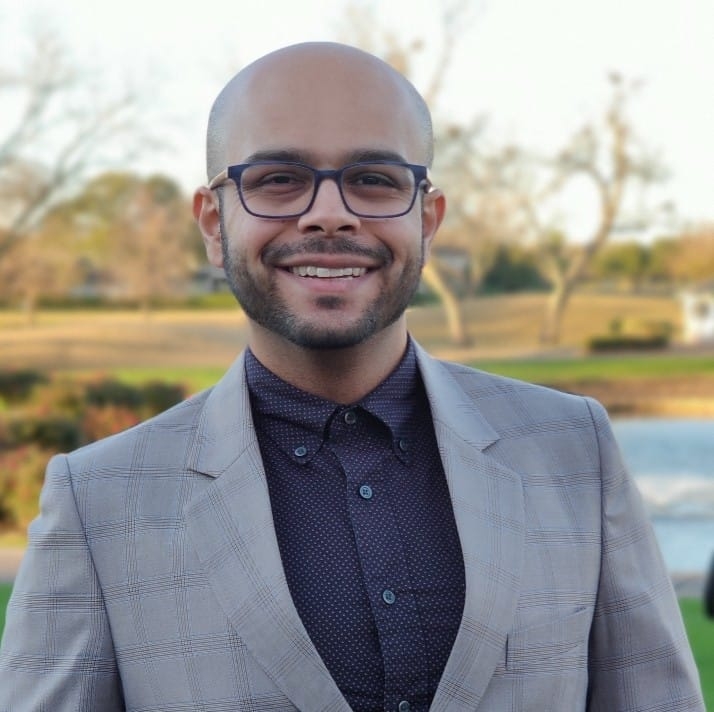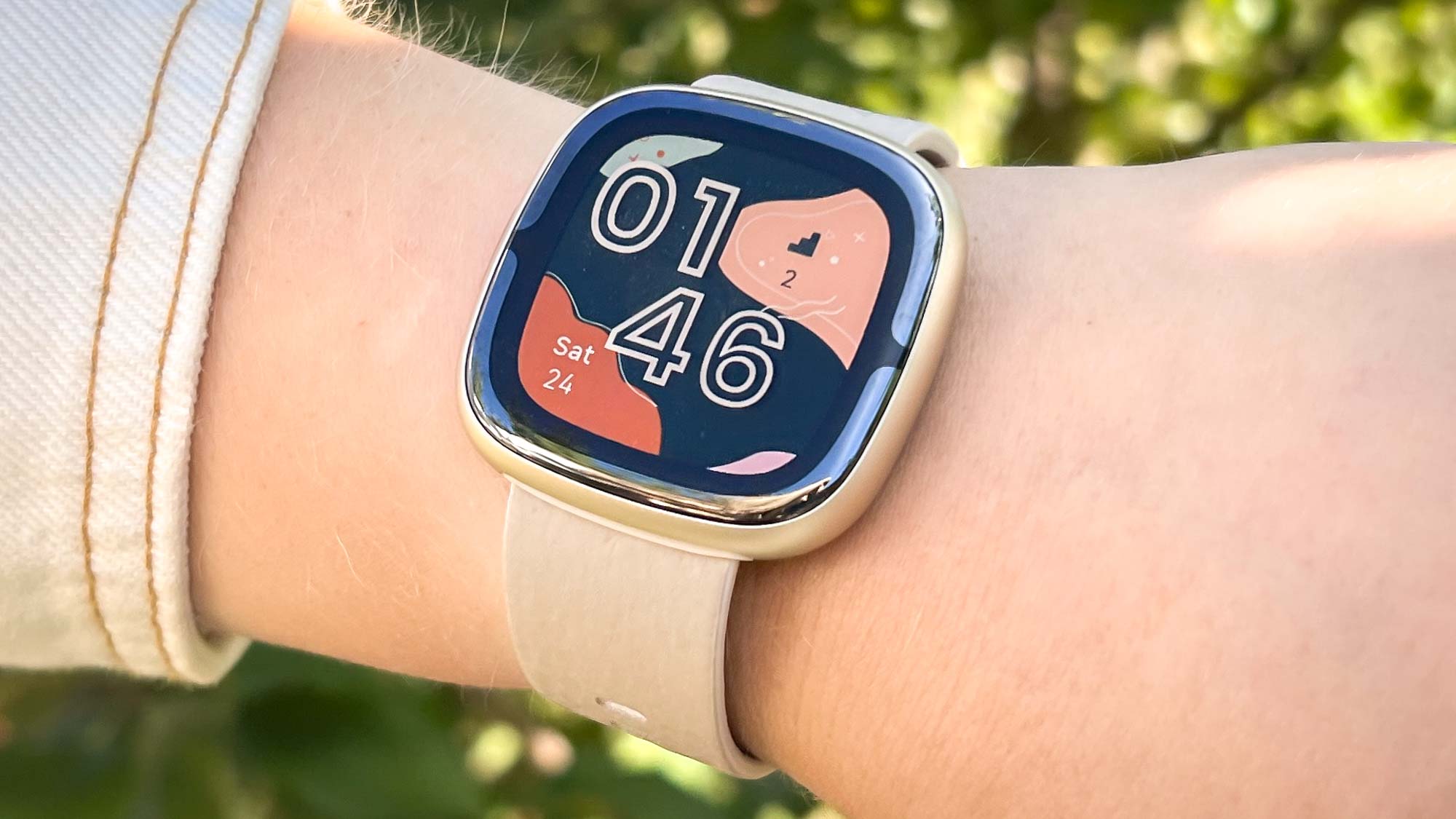
The year 2021 was difficult for my health. I had moved away from New York during the start of the pandemic as a means of distancing myself from the most popualted city in the U.S. It also meant I wasn't near my neighborhood gym, which I often frequented, nor was I walking miles a day for lunch.
I moved to suburban Houston, a city built around cars and highways, where sidewalks suddenly end and grocery stores require a three-mile drive. Suddenly, my life was a lot more sedentary. Afternoon jogs turned into weekly ambles, which then became monthly guilt-ridden limp-legged wheeze-fests. It didn't help that Governor Greg Abbott deliberately went out of his way to rescind local mask mandates, helping coronavirus particles spread through the community all the faster. He recently did the same for vaccine mandates as well.
Local gyms did away with mask mandates just as quickly. It seems that the gym clientele in Houston prefer listening to vaccine skeptic and horse dewormer aficionado Joe Rogan over immunologist Dr. Anthony Fauci. This meant that going to the gym, even when masked, presented risk as runners huffed and puffed on treadmills a few feet away.
In the nearly two years since leaving New York, I had packed on an additional twenty pounds. T-shirts became tight and my pants didn't require a belt to stay up. After a decadent Friendsgiving, filled with fried chicken, green bean casserole and pie, I knew something had to change.
Since getting vaccinated, I did slowly start making my way back to the gym. I remained masked but opted to go late at night when traffic was low. Even then, pounds weren't shedding as quickly as I would have liked. Clearly, I was doing something wrong.
I remembered using calorie counting app FatSecret back in New York when I was on a major cut, but was hesitant to redownload it on my Samsung Galaxy Z Fold 3. The app (available on iOS, Apple Watch and Android) wasn't what scared me: it's a good app, but deep down I knew that by tracking all my food metrics, I could visually see why I needed to change my diet entirely. Like going to the dentist, there was some uncomfortable handwringing around that prospect, so I put it off.
At the end of November, I did redownload FatSecret. I pulled out the digital food scale and started meticulously counting every calorie.
Sign up to get the BEST of Tom's Guide direct to your inbox.
Get instant access to breaking news, the hottest reviews, great deals and helpful tips.
Unlike other fitness and calorie counting apps, such as MyFitnessPal or LoseIt, FatSecret is completely free. There's no monthly subscription cost and it still delivers a solid overall feature set, even if the app looks plainer by comparison. It tells me my daily and weekly calorie intake and also breaks down my macronutrient consumption.
I'm personally aiming to eat around 1,500 calories a day, putting me into a calorie deficit as my body will naturally burn around 2,000.
The thing I like about FatSecret is its enormous library. Like LoseIt, it allows community members to upload calorie metrics of various foods. I've uploaded some items myself, such as the chicken gyro (minus the white sauce), found all throughout New York's various street carts. While most calorie counting apps will have the basics, such as grilled chicken, or a litany of pre-packaged food products, I've found FatSecret's library to be the most robust. Being Pakistani, it's harder to calorie count some of my family's more traditional foods. But, more often than not, FatSecret has items like chana masala or baingan bharta, giving me a reprieve from the standard chicken and broccoli.
While some may argue that the nutritional information on home cooked foods could never be entirely accurate, at the very least it gives some measure. It's better to track an approximation over nothing at all.
While it's impossible to fully know, I believe that FatSecret's large food library has to do with the app being free. It likely brings in more users, as there's a lower barrier to entry. Plus it's not limited to its apps, as it's also possible to access FatSecret via a web browser.
Since starting in late November, I've lost seven pounds. That was largely with dieting, as the Omicron variant has pushed me away from the gym. Given my current trajectory, I estimate that by March or April I should be back to my pre-pandemic weight. Honestly, I wish I had started sooner.
For those that have set New Year's resolutions to lose weight in 2022, I feel that 80% of the battle is having a controlled diet. Whether it be FatSecret or the various other calorie counting apps out there, knowing exactly what and how much is being consumed makes a massive difference.
And if any FatSecret developers are reading this, a Wear OS app for my Samsung Galaxy Watch 4 would be greatly appreciated.
Imad is currently Senior Google and Internet Culture reporter for CNET, but until recently was News Editor at Tom's Guide. Hailing from Texas, Imad started his journalism career in 2013 and has amassed bylines with the New York Times, the Washington Post, ESPN, Wired and Men's Health Magazine, among others. Outside of work, you can find him sitting blankly in front of a Word document trying desperately to write the first pages of a new book.

